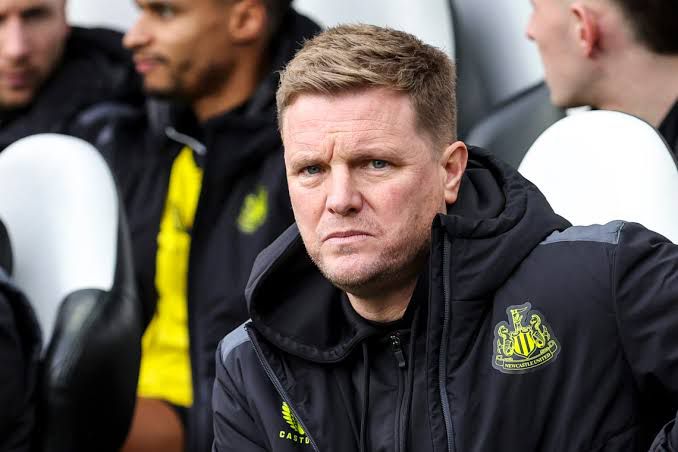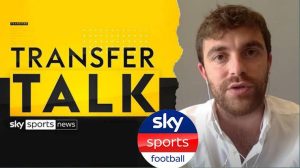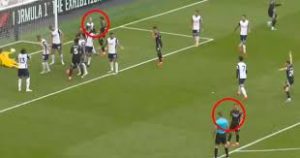‘Genuinely’: Eddie Howe ‘really disappointed’ after Newcastle sell player he was going to start
Newcastle United’s summer transfer window has been far from the explosive and headline-grabbing event that fans might have hoped for. The club has taken a more cautious approach, steering clear of the frenzy of big-money signings that typically dominate the transfer season. However, while the Magpies have not been overly active in terms of bringing in new players, there have been some significant departures that have made waves.
Two of the most notable exits from St. James’ Park this summer are those of promising young talents Elliot Anderson and Yankuba Minteh. These departures, particularly that of Minteh, have stirred a sense of disappointment and frustration within the club, particularly for head coach Eddie Howe. According to insights shared by Dean Jones on the Chasing Green Arrows YouTube channel, Howe had high hopes for Minteh, viewing him as an integral part of his plans for the upcoming season. The young winger, who had shown immense potential, was being groomed to play a crucial role in Newcastle’s starting XI.
Jones revealed that Howe was genuinely keen on keeping Minteh at the club and had planned to feature him prominently on the right wing. “Howe saw Minteh as a key player for the new season,” Jones explained. “He was set to give him a starting role on the right side of the attack, so you can imagine his disappointment when the decision was made to sell him. It wasn’t a matter of choice for Howe—it was a financial necessity.”
The sale of Yankuba Minteh was not a decision made lightly. While it is clear that Howe was disheartened by losing such a promising player, the move was compelled by the need to adhere to the Premier League’s strict financial regulations. The club’s financial position meant that difficult decisions had to be made to avoid potentially severe consequences. In fact, the situation was far more precarious than it might have appeared on the surface.
Journalist Luke Edwards has shed light on just how close Newcastle came to facing a catastrophic situation. According to Edwards, the club was only 48 hours away from being hit with a 10-point deduction in the Premier League, a penalty that would have significantly impacted their standing in the league. This deduction loomed as the club neared the financial deadline, with tensions running high and patience wearing thin among those involved in managing the club’s finances.
Edwards described the atmosphere within the club during this period as chaotic, with a palpable sense of urgency to resolve the financial issues before it was too late. “It was a tense and chaotic time,” Edwards noted. “There were disagreements, arguments, and a general feeling of unease. Those who were close to the situation were deeply concerned about the potential for a 10-point deduction. It was only in the last 48 hours before the deadline that the club managed to avert this disaster by selling Anderson and Minteh. This was a necessary sacrifice to maintain the club’s financial health and avoid punitive measures.”
For Eddie Howe, the disappointment of losing Minteh is understandable. The young winger was seen as a rising star, someone who could have made a significant impact on the pitch this season. However, the realities of football finances meant that the club had to prioritize long-term stability over immediate squad depth. While it is a bitter pill to swallow, especially for a manager who had big plans for a young talent, the decision to sell Minteh was ultimately in the best interest of the club’s future.
In the broader context, Newcastle United’s transfer window serves as a reminder of the delicate balance clubs must strike between financial prudence and sporting ambition. For the Magpies, this summer has been more about maintaining stability and avoiding pitfalls rather than making bold moves in the transfer market. Howe may have been disappointed by the necessity of the sale, but in the end, it was a pragmatic decision that had to be made to ensure the club’s continued compliance with financial regulations. As Newcastle looks ahead to the new season, the hope will be that these sacrifices will pay off in the form of a more stable and sustainable future for the club.



